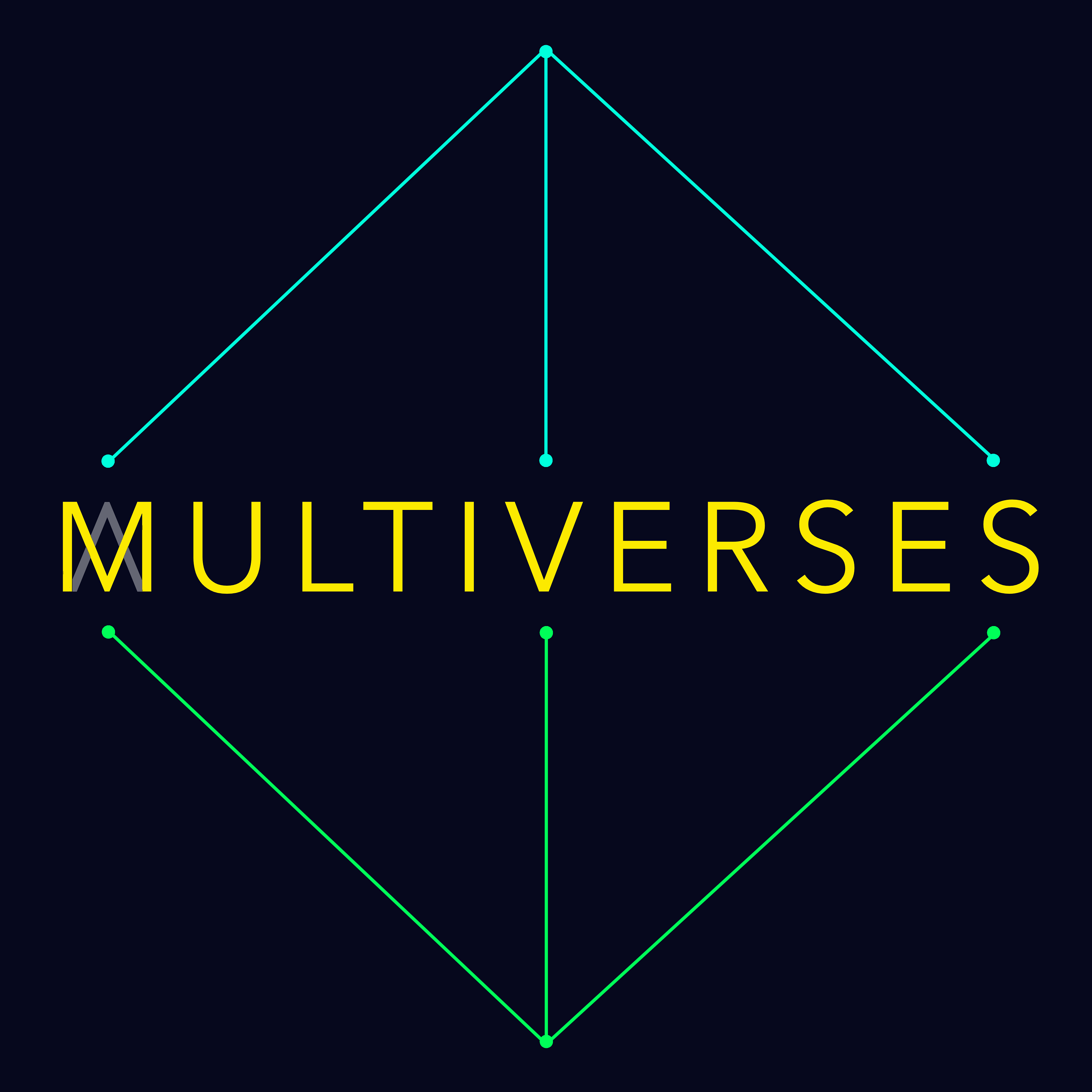Episodes
Genomics is leading a revolution in our understanding of disease. But the ways we pursue genomics research and the use we make of that knowledge demand careful thinking.
Anna is a researcher at The Edmond & Lily Safra Center for Ethics at Harvard, she holds a PhD in Systems Biology from Oxford (where we met) and has worked in medtech startups. As someone who has looked at genomics from multiple perspectives, she's an excellent guide to this rocky terrain.
Anna emphasizes the challenges...
Published 06/22/23
Christian Bök is an award-winning poet pushing the boundaries of the medium and exploring the capabilities of language itself. Rather than focusing on self-expression, Christian uses poetry as a laboratory for understanding language — probing its plasticity and character.
His notable work, the bestseller Eunoia, draws inspiration from the avant-garde rules of Oulipo and takes it a step further by restricting each chapter to only one vowel. This constraint leads to the creation of such...
Published 06/15/23
Is the fate of the universe predetermined? Many physicists and philosophers argue it is, particularly those who adopt the Many Worlds interpretation of quantum mechanics.
Our guest this week is Ruediger Schack. With Christopher Fuchs and Carlton Caves, he is one of the originators of a new way of interpreting quantum mechanics, QBism, according to which we — as agents — are co-creators of the world. Destiny is shaped by our hands.
Ruediger is a professor of mathematics at Royal Holloway,...
Published 06/08/23
Science and poetry are sometimes caricatured as opposing paradigms: the emotional expression of the self versus the objective representation of nature. But science can be poetic, and poetry scientific. Our guest this week, Sam Illingworth, bridges these worlds. He's researched scientists who were also poets, and organized workshops for scientists and laypeople using the medium of poetry to create an equitable and open dialogue.
In addition to being an Associate Professor at Edinburgh Napier...
Published 06/01/23
Space and time appear in charts as axes oblivious to the points they demarcate. Similarly, we may feel that we, and all the objects of our worlds, are like such points — and spacetime is a container in which we sit.
Julian Barbour is a physicist who has spent six decades arguing against this. He takes the relationist approach of Leibniz and Mach: there is no space without objects and no time without change. Rather space is just the geometric relationships between things.
Julian has...
Published 05/25/23
We live in a branching universe. If it can happen, it does happen.
These are the almost incredible claims of the Many Worlds Interpretation of quantum mechanics. Yet today's guest, David Wallace, makes a case that this is the most grounded way of reading our best theory of nature.
While at first sight quantum mechanics seems to say that things (famously, cats!) can occupy impossible states, David argues that a careful reading shows we can take seriously "superpositions" (these apparently...
Published 05/18/23
Casey Handmer is the founder of Terraform Industries (TI).
TI is pioneering air-to-fuel technology to manufacture methane (natural gas) from the air. Currently, we continue to extract enormous quantities of hydrocarbons from the crust, burn them, and release carbon dioxide. Instead, TI wants to mine the air: displacing the transport of carbon from the crust to the atmosphere.
Casey Handler has a PhD in theoretical astrophysics from Caltech, he's worked at Nasa's JPL and on Hyperloop...
Published 05/11/23


